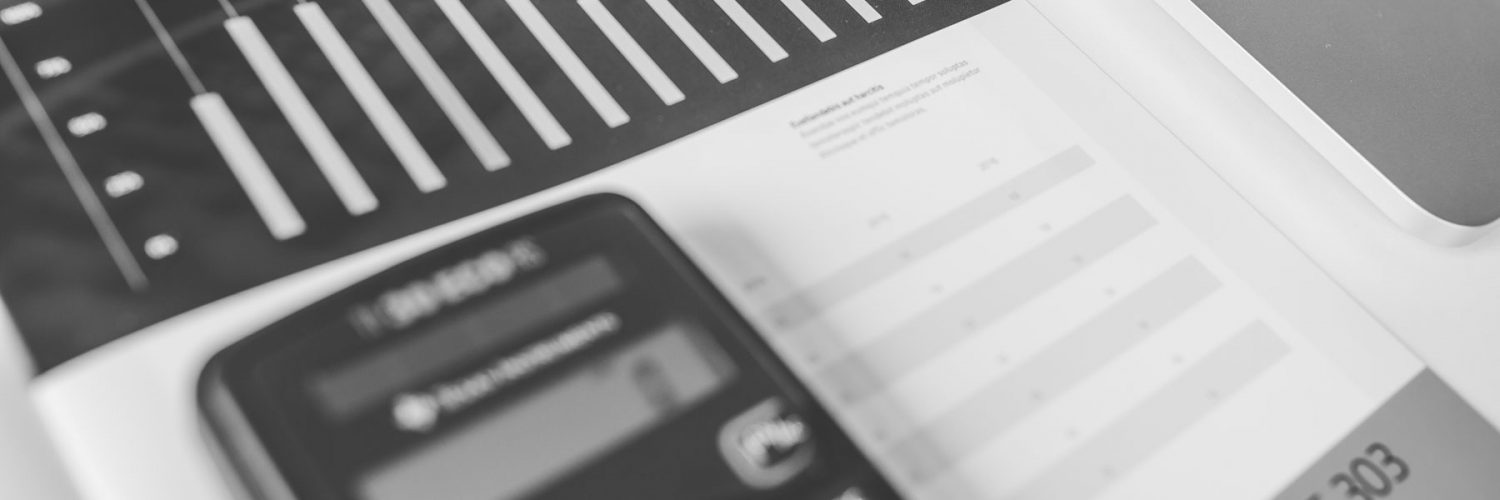Contrary to popular misconception, money isn’t always the easy way out to everything. In fact, it can be a major cause of great anxiety and stress in one’s life. People who have been accustomed to their money troubles may deny that they are actually experiencing finance stress, which is a real and gnawing issue that may eventually take a toll on their health and even their sanity. World-wide recession, slimmer job opportunities, steeper prices of commodities, and mortgage crises, among other things, can contribute greatly to finance stress. This article presents the most common symptoms of finance stress, and how to cope with each of them before you drown in them.
Bad budgeting decisions:
For some reason, people with finance stress make the most impulsive decisions on where to spend the last of their money. Then their finances are gone before they even realize it. The first step to targeting finance stress is actually awareness of supply and demand. How much money are you actually making? How much money do you actually need? To answer this question accurately, you will need to prioritize. But what do you put on top of the list? According to Maslow’s hierarchy of needs, prioritize basic needs first – food and shelter. Put needs first before wants. And if buying something can be deferred without consequences, don’t buy it yet. Finally, never exhaust your resources. The rule of thumb of budgeting is: never spend more than what you actually make.
Avoiding insistent debt collectors:
Credit card and loan collectors will bug you everyday, and you hide in the dark to avoid them, but you’re actually only prolonging your agony. These collectors may seem ruthless, but there’s also something called an amicable settlement, where you agree to pay off debts based on what you can afford to give out on an agreed time frame. This may mean more interest, but it’s better than watching your debts rise while you’re doing nothing about them.
Paying debts with debts:
This is one of the most common symptoms of financial instability. Getting a loan to pay for other loans will only cause you to drown in heaps and heaps of debts, and that’s not a good thing at all. Follow the tip on avoiding insistent debt collectors.
Constantly looking for extra income:
There’s really nothing wrong with a job on the side except when it takes a toll on your health and personal relationships (i.e. you fall ill from not sleeping enough, or you disappoint your kids by not making it to their school presentations due to work). If you are looking for extra cash, go for freelancing. These allow you to maximize your free time without sacrificing the time you deserve for yourself and your loved ones.
Buying lottery tickets:
Desperation is the ultimate sign of finance stress. Do not make it a habit to rely on luck for financial reward. You are only spending hard-earned money without a guarantee of getting it back. Betting and gambling can only cripple your finances even more.
Poor self-care:
When you start sacrificing a haircut, choose cheap and unhealthy food, sleep restlessly at night, and refuse to see a doctor when you’re ill, you are clearly allowing finance stress to take over your health. These don’t exactly cost a fortune, and you can always look for cheaper alternatives without sacrificing quality.
Failing personal relationships:
Finally, finance stress can also be a cause of estrangement between and among family members, and even the divorce of couples. Save your relationships from doom by maintaining an open communication about money. Let your family be aware of your financial status, and set their expectations early on. Talk about issues with your partner and compromise on what needs to be done.





